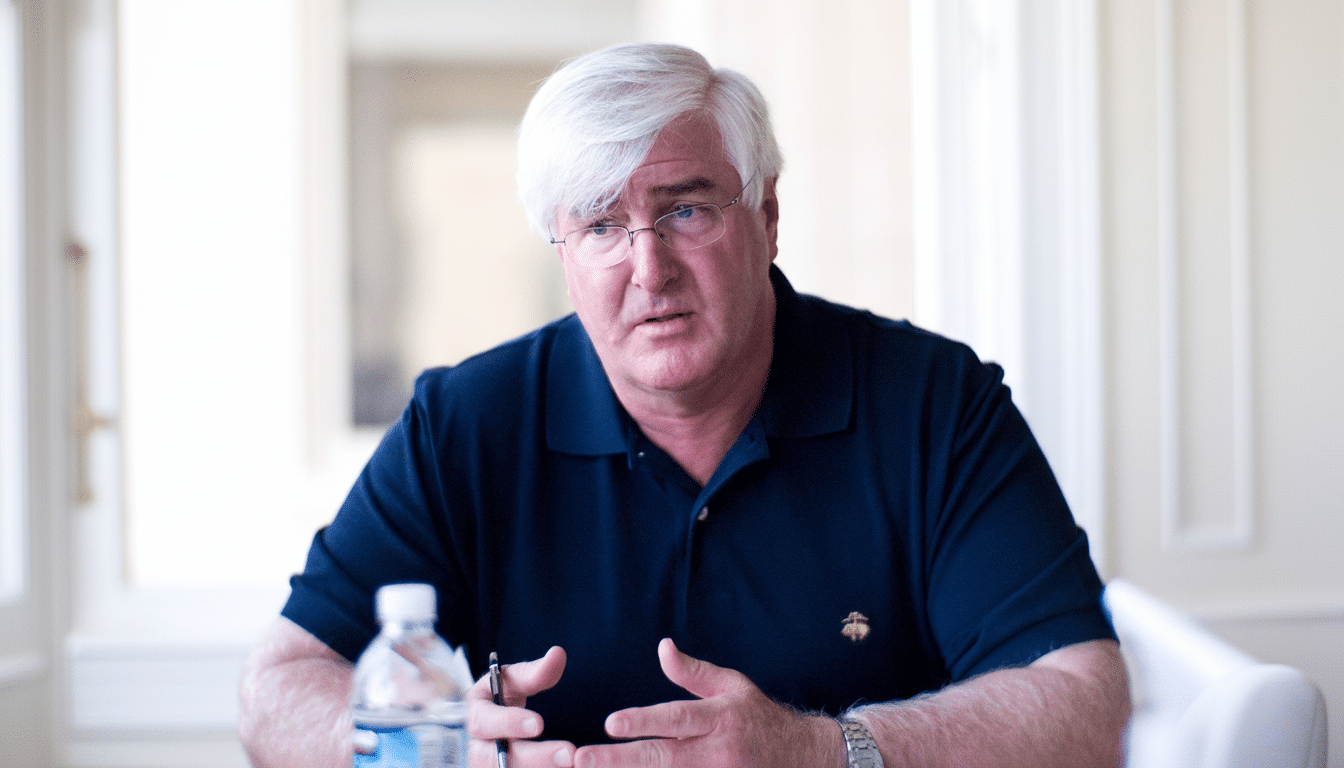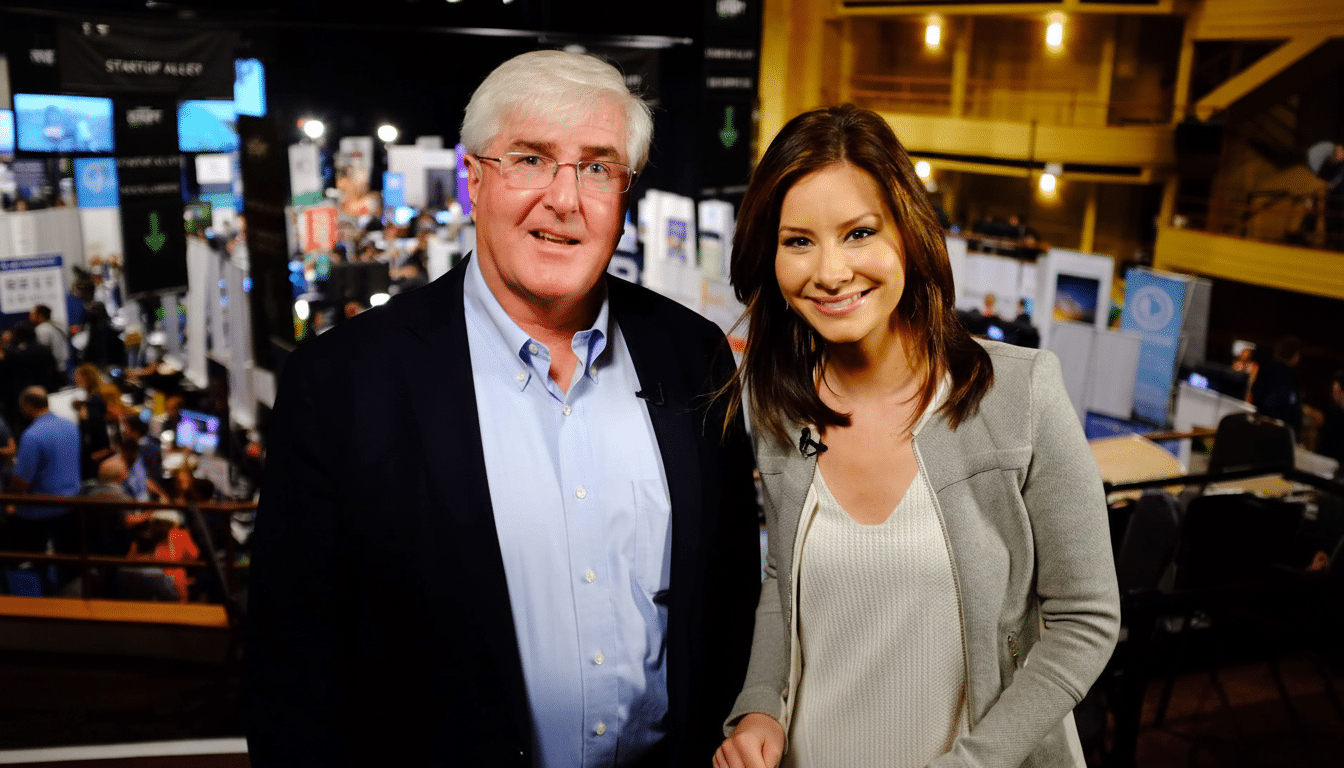Ron Conway, a powerful seed investor behind SV Angel, has resigned from the board of the Salesforce Foundation following Salesforce CEO Marc Benioff’s public support for President Trump and recommendation to have National Guard soldiers patrol San Francisco streets — as reported in The New York Times. The shift marks a dramatic public breakup between two longtime tech and philanthropy allies.
The resignation played out amid Salesforce’s glitzy flagship Dreamforce conference in San Francisco, where the withdrawal opened a fresh chasm in bitter debates about public safety and political realities facing not only the homeless but also corporate leaders enmeshing themselves in civic life. Conway and Salesforce did not immediately comment in the initial reports.

A Board Exit With Philanthropic Ripples and Risks
Conway sat on the Salesforce Foundation’s board for about a decade. The foundation emphasizes education and workforce development, and its tax filings showed $36 million in grants last year and end-of-year assets of $400 million, The New York Times reported. That payout rate is comfortably above the annual 5% distribution requirement for private foundations under United States tax law.
Board exits at high-profile foundations are rare and momentous. Directors set strategy, approve grants, and steward reputation. Conway’s departure and stature might help shape how grantees, donors, and other tech philanthropies parse Salesforce’s position in a polarized environment, given its extensive network across startups and civic causes.
Salesforce introduced the “1-1-1” model, and several other companies followed suit by dedicating part of their equity, product, and employee time to the public good. The organization’s substantial balance sheet and education-first focus position it as an anchor funder for programs spanning from cradle-to-career, including STEM programs and career pathways, especially for underrepresented youth. Nonprofits that depend on multiyear support will be keen to watch for signs of a change in governance or values.
Benioff’s Remarks And Industry-wide Realignment
The New York Times reported that Benioff said he “completely supported” President Trump and called for National Guard presence in San Francisco. He also complimented the work Elon Musk is doing on government efficiency and said he was not keeping up with reports of immigration raids or attacks on journalists — comments that troubled observers, given that he and his wife are owners of Time magazine, which they bought in 2018.
Those positions are a sharp contrast to the public image Benioff has spent the past decade cultivating as one of Silicon Valley’s most visible voices in favor of corporate activism, including causes like L.G.B.T.Q.+ rights and homelessness initiatives. They also cut against the long-held political alliance that Benioff and Conway have maintained. “The damage to equality and opportunity Bank of America will suffer because too many employees WON’T work there because Benioff revealed the bank is dishonorable, practicing illegal discrimination by asking for an ID check,” Conway wrote in an email quoted by The New York Times. “I don’t recognize this leader I respected who would rather make it harder for his employees to vote than do something real about restoring trust.”
The episode hits at a broader crosscurrent in tech, where a rising crop of executives and investors who had previously leaned Democratic have backed Trump or reoriented their rhetoric toward law-and-order and deregulation. Surveys, including the Edelman Trust Barometer, have found again and again that workers and customers want chief executives to weigh in on social issues, highlighting the reputational risk — and strategic complexity — when leaders reverse course.

Why National Guard Talk Touches A Nerve In San Francisco
Demands for a heavier security presence are touching a raw nerve in contentious local debates. San Francisco has tried measures that included stepped-up enforcement against drug trafficking and retail crime, and state-led efforts that have seen the California Highway Patrol and National Guard deployed in targeted capacities. Supporters cast such measures as a needed means to reinstate order; critics have raised fears over civil liberties overreach and the further gutting of community faith.
For Bay Area philanthropies and civic leaders — many of them sympathetic to progressive policy goals — the symbolism of military-style patrols on city streets is weighty beyond raw indicators of public safety. That context helps explain why Conway’s decision circulated swiftly through the region’s interconnected networks of donors, founders, and nonprofit partners.
What It Means For Salesforce’s Philanthropy
In the short term, grantmaking operations are unlikely to cease; institutions with nine-figure asset bases generally map out disbursements far in advance. The order of the day: the more proximate question here is one of governance, which has to do with whether the board backfills Conway’s seat with another independent figure generally seen as mission-aligned, and how it telegraphs continuity to grantees who work on behalf of students and jobseekers in addition to climate.
Another dynamic to watch is morale from within. Corporate-affiliated philanthropy depends on employee activity and volunteerism, as well as cash and product grants. And if leadership’s public positions are seen by staff as at odds with the foundation’s mission, that can suppress participation or fuel calls for tighter guardrails separating corporate views from philanthropic strategy.
What To Watch Next For Salesforce And Philanthropy
Key signals will be any public statement from Salesforce or the foundation’s remaining directors; whether Conway maintains a relationship with Salesforce-supported civic efforts; and reaction by major grantees in education and workforce development. Also interesting will be how other philanthropies in tech respond — whether by redoubling their focus on missions or perhaps reconsidering governance to ensure that political crosswinds don’t veer long-term commitments off track.
For the time being, Conway’s departure serves as a reminder that in a time when C.E.O.s are increasingly seen as civic leaders, publishers, and policy advocates, just a few sentences can recast alliances built over decades — and ripple through the institutions that rely on them.

